WHEN she was four, Leah Choy taught herself to bake through YouTube. Impressive? Well, wait until you hear why she did it.
Choy was baking for a cause – to raise funds for her younger sister Adele, who was born with cerebral palsy.
She managed to raise US$6,000 (RM24,000) for Adele, who requires half-yearly visits to the Institute for the Achievement of Human Potential in Philadelphia for treatment. It costs RM50,000 per trip.
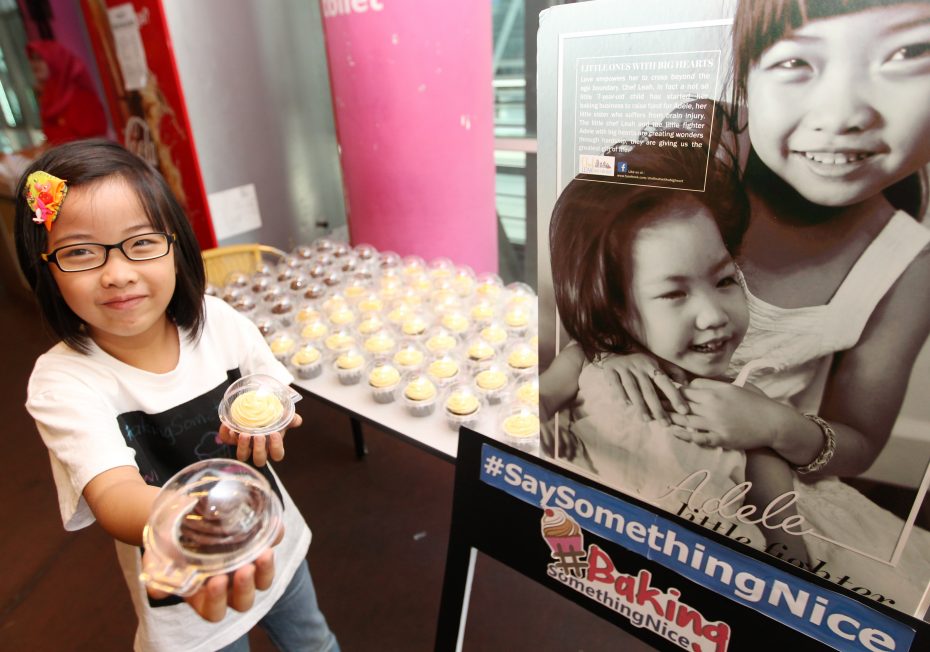
Leah Choy, seven, learnt how to bake to raise funds for her sister, who has cerebral palsy. Now, she raises funds for various causes including the disabled and the Rohingya boat people.
— Photo: NORAFIFI EHSAN/The Star
“I decided to sell cupcakes and cakes because people love to have parties and people love to eat!” she said charmingly.
Choy is one of a growing number of child advocates and activists – none old enough to drive or vote, but still doing their bit to make a difference in society.
“Malaysia is experiencing a new wave of youth advocacy,” said WOMEN:girls programme director Abby Latif.
“A lot of people are starting to pay attention, and many organisations now recognise child participation.”
Besides raising funds for her sister, Choy has extended her work to help others in need as well.
To date, she has raised funds for causes including the Rohingya boat people as well as food aid foundations. She has baked around 15,000 cupcakes in the past year, raising close to RM30,000.
Still only seven, she’s now also a social media whizz, using Facebook and Instagram to promote her baking business, with the help of her mother Tay Mei Yean.
RELATED: Parents of child advocates speak up.
Social media has played an important part in giving youth advocacy a boost, said Unicef Malaysia communication specialist Indra Kumari Nadchatram.
“Technology has opened up a new borderless world to children and youth advocates.
“Through the networks available online, they learn what their peers are involved in around the world,” said Indra.
On top of inspiring advocacy through social media, Choy has even started giving talks and workshops. She recently went to Indonesia to teach disabled children to bake and decorate cupcakes, and was given the opportunity to speak at the closing ceremony of the Asean Work-Life Balance Conference.
“Leah has always been our biggest motivator. There’s no such thing as ‘let’s give up’ in her dictionary.” – Tay Mei Yean
Of course, Choy isn’t the only Malaysian kid out there making a difference. R.AGE caught up with a whole bunch of these extraordinary youngsters to find out how they’re making a difference.
Youth power
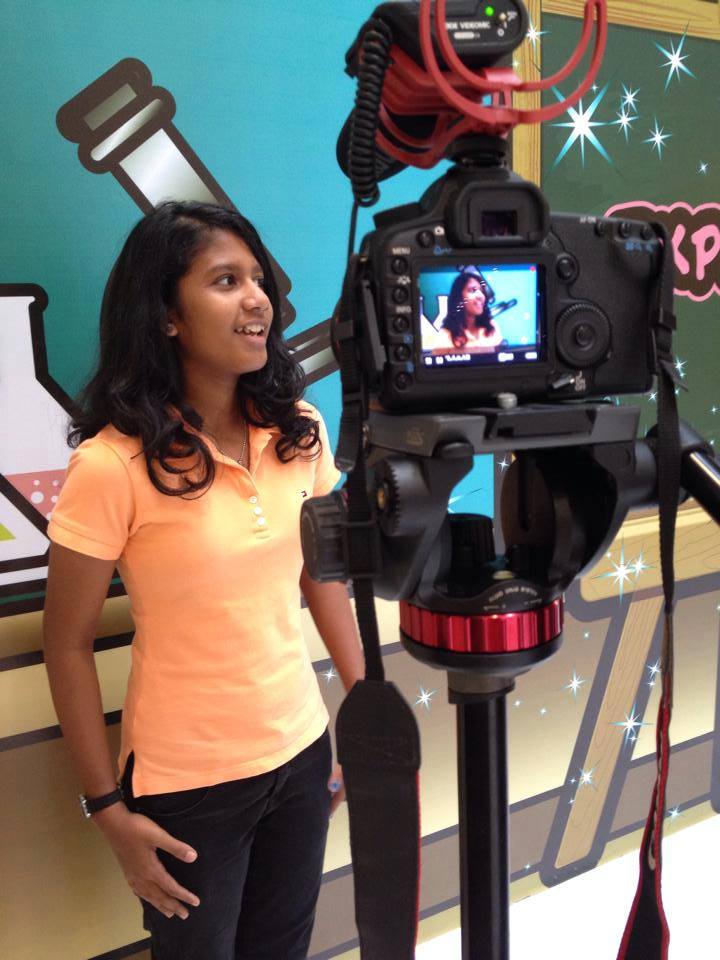
Cathryn Anila’s dream is to take up law and join Unicef or United Nations as a child’s rights activist.
It isn’t easy for children to become influential advocates in Malaysia. The unspoken consensus, said Indra, is that children should be seen and not heard.
“It’s a traditional attitude, but we need to shift from that kind of thinking,” she said.
“Children should see themselves as agents of change. For that to happen, we need to provide children with the opportunities to contribute their views on issues that affect them.”
That’s what organisations like WOMEN:girls are working on. In an effort to acknowledge and support passionate youth, they created the Young Changemakers (YC) award, which is now open for nominations.
Youth advocacy is important because peer influence works, said Abby, who coordinates the YC programme.
She has run 15 workshops and met 2,500 students so far this year in her quest to find new changemakers, and she’s psyched over the prospect of meeting inspirational kids who can inspire others in turn.
“Peer influence is very important because youth advocates can relate with others their age, through the language they use or the references they make,” she said.
In the past ten years, opportunities for the youth to make a difference have increased.
Children and young people now have a place in research, national consultations and international conferences, said Indra.
Youth representatives are also frequently invited by Unicef to give their perspectives on what children are facing on the ground.
“Children get inspired by issues that directly affect them.By giving them the opportunity to be youth representatives, we can help them see the connection of their actions to the progress of their societies.” – Indra Kumari Nadchatram, Unicef Malaysia
Digital safety advocate Cathryn Anila, 16, is one example of a young person who is giving the youth a voice and making a difference in their lives.
She has attended Asean-level conferences and forums as a youth representative to discuss the issues faced by children online and given her recommendations for a safer digital world.
Most recently, she attended the Workshop on Creating a Child Friendly Asean conference in Manila, one of only five youth representatives in the region. Every other participant was an adult, but it didn’t faze the determined Cathryn.
“I chose to advocate digital safety because it’s still very new. It hasn’t been properly addressed, but children are exposed to the digital world every day,” said the SMK Tengku Ampuan Rahimah student, who dreams of one day joining Unicef or the United Nations as a child rights activist.
Eloquent and passionate, Cathryn is the perfect advocate. But she very nearly didn’t go down the advocacy path. It’s thanks to her mother that she is who she is now.
Four years ago, her mother, Mariammah Subramaniam, heard about an advocacy workshop training child facilitators for an upcoming Children for Change forum co-organised by child outreach service Childline Malaysia and Unicef.
Excited, she immediately asked Cathryn to give it a go. Cathryn was keen, but she almost gave up on the day of the workshop because she had to wake up early.
“She was lazy!” said her mum with a laugh. “I let her decide, but I told her that decisions can’t be made if we don’t know exactly what it entails.
“That empowered her to make her own choices. After the workshop, there was no turning back.”
It was indeed full speed ahead for Cathryn, who took the lessons she learnt from her mother and used it to help empower children to stay safe.
“It’s the responsibility of children themselves to stay safe online, and to do that, they need awareness,” she said.
To help them learn about the importance of staying safe online, she posts digital safety information on her Facebook account and has been invited to give talks at schools.
Cathryn is one of the best examples of how exposing young people to public decision-making processes gives them important opportunities for civic education and strengthens their sense of social responsibility, said Indra.
“Time and time again we have seen that the best advocates for children – those who are best informed about children’s issues – are children themselves,” she said.
Getting on-ground
While some young change-makers take the policy route, others make their changes at the grassroots level.
Firdaus Ahmad Farouk, 15, for example, has been volunteering at the Feeding The Needy soup kitchen since he was 12.
They set up on Jalan Tunku Abdul Rahman once a week, and serve food to about 600 people, most of whom are children.
“Volunteering here has changed my perspective of homeless people. They’re not that different from us, they’ve just had a harder time in their lives.” – Firdaus Ahmad Farouk
The Asia Pacific Smart School student credits his mother for his interest in volunteerism.
“She’s my inspiration,” he said. “She taught me a lot about charity work.”
Now he still has school commitments, but when Firdaus is older, he hopes to open a centre for homeless people, where they can find jobs that fit their talents and hopefully restart their lives.
Another young star, who inspired a small-town community into caring for the environment, is Loh Shi Ya, 13.
Two years ago, Loh approached her teacher, Ka Kai Fong, asking if there was something she could do to help the environment. His answer was simple: “You tell me.”
Challenge issued, he waited to see what she would do.
Loh soon returned with a proposal – to form a Recycling Club.
And form a club she did, on top of rallying the entire school into collecting recyclable materials.
They managed to collect about 10 tonnes of material in 10 months, a staggering amount by any standards, but even more so because the school, SJK (C) Chi Chih, only has 33 students.
“I probably wouldn’t have been able to achieve so much without the support of my teacher, Mr Ka,” she said.
Loh headed the club for two years before moving on to secondary school. In that time, her school won the National Recycling Competition two years in a row.
“Shi Ya led all the projects, we teachers only advised,” said Ka proudly.
The community of Pontian, Johor, is a close-knit one, and once they noticed the effort Loh was putting into her recycling project, they supported the club by supplying recyclable materials and funds.
Now in Form One, Loh is no longer the president of the Recycling Club, but has plans to use social media to continue advocating environmental sustainability.
Back at her old school, her legacy continues. Students still collect recyclables and the school hopes to win the National Recycling Competition a third time.
“This is her legacy,” said Ka. “Through her work, she has changed the mindsets of the students, teachers and even the community.”
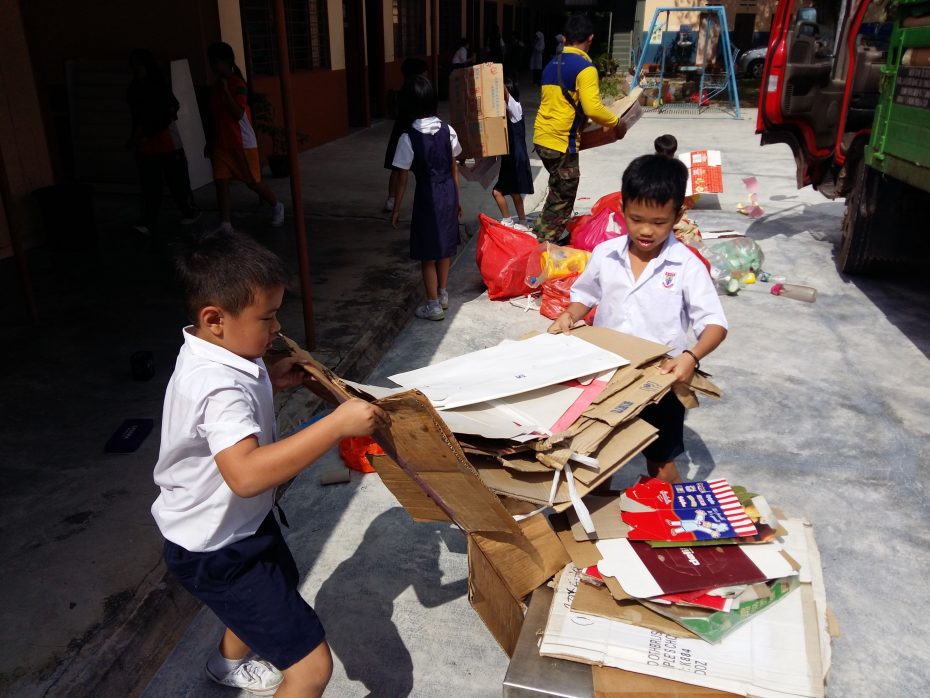
With environmentalist Loh leading the way, the entire SJK (C) Chi Chih rallied together to collect a total of 10 tonnes of recyclable materials within 10 months.
The 2016 Young Changemakers award is accepting submissions until Oct 5. Nominations are open to children aged six to 15. Forms can be downloaded here.

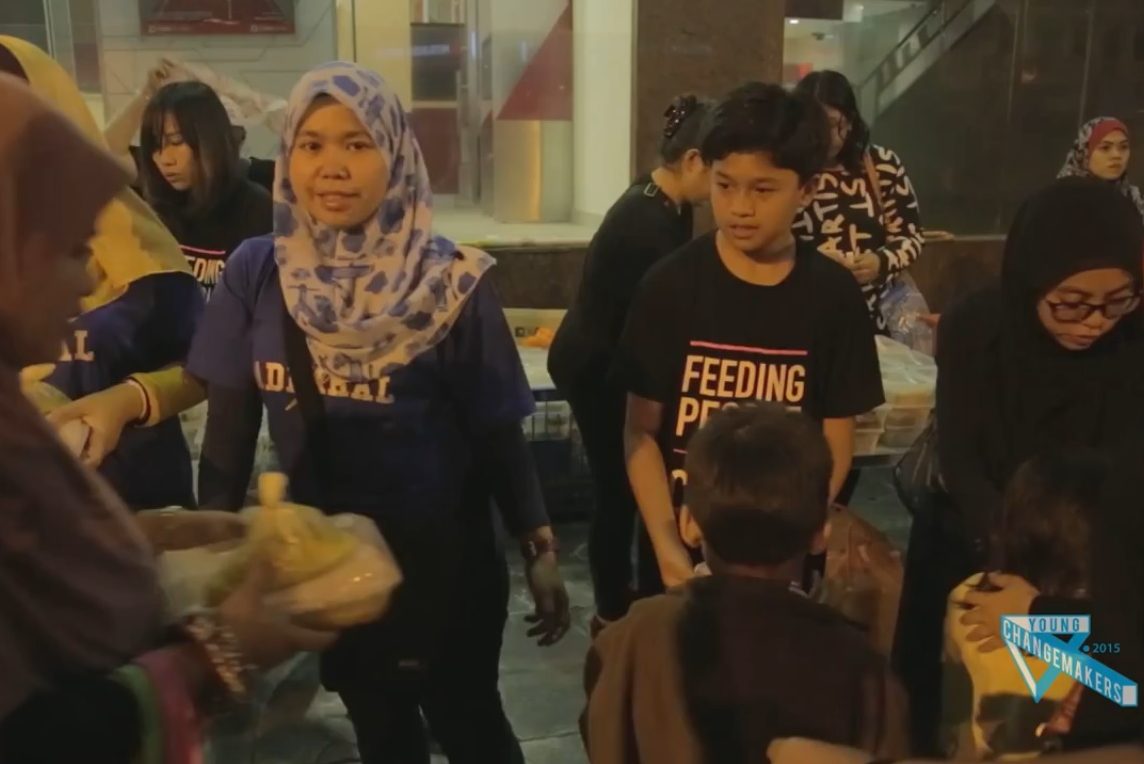
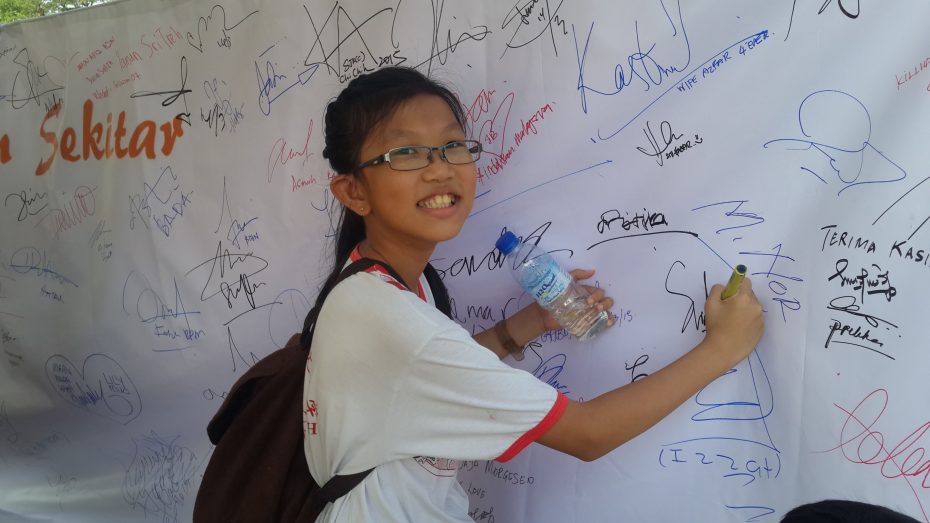
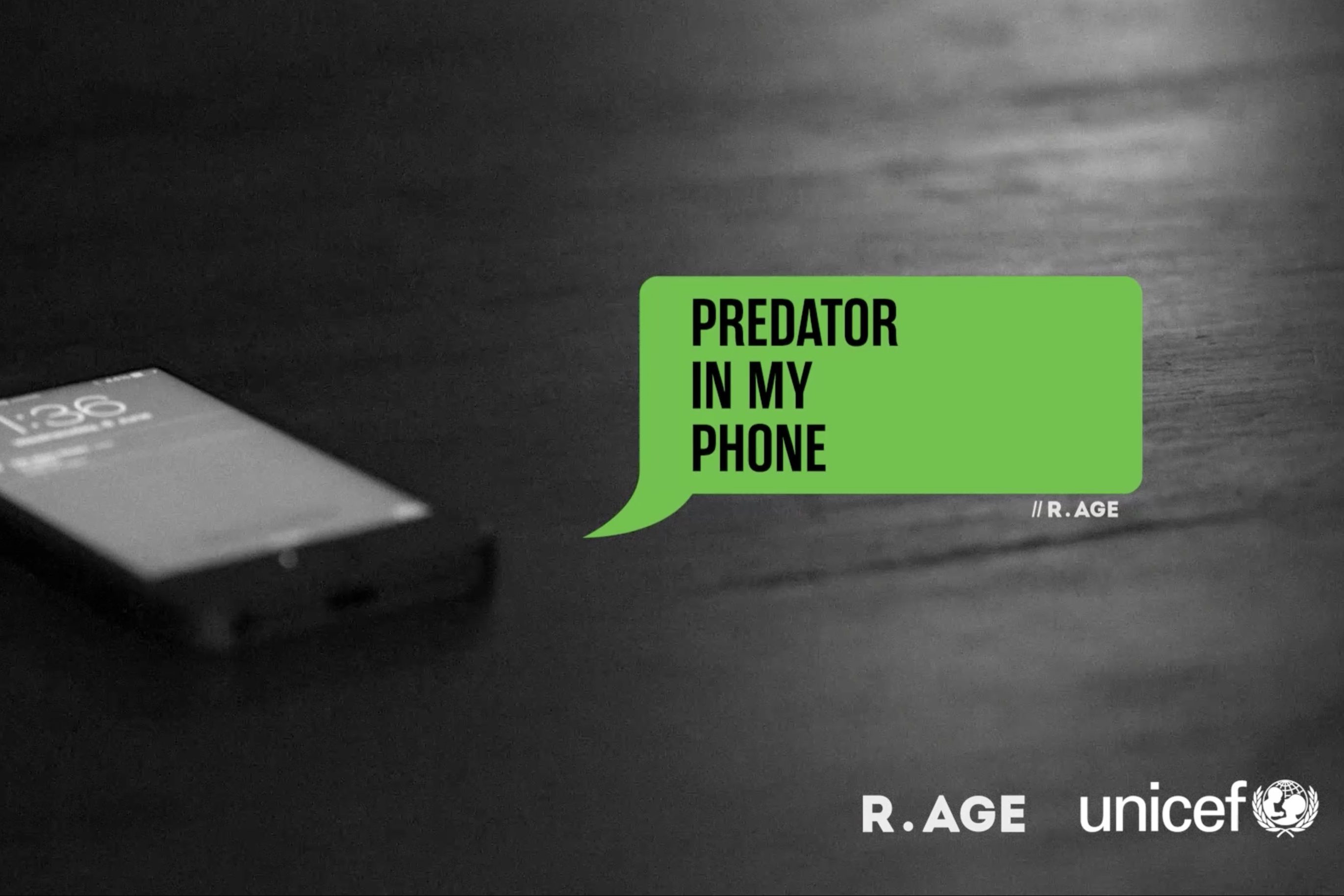
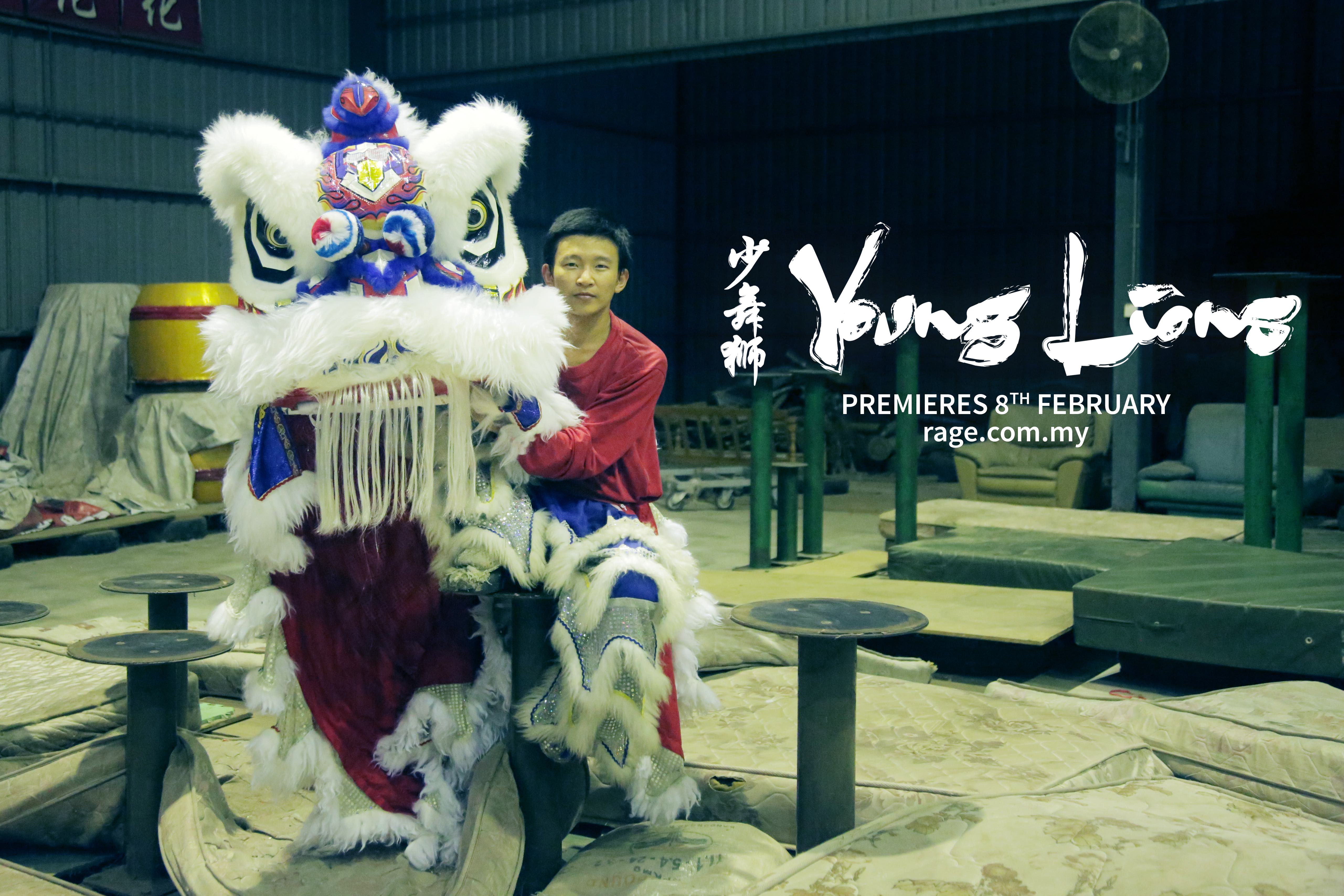
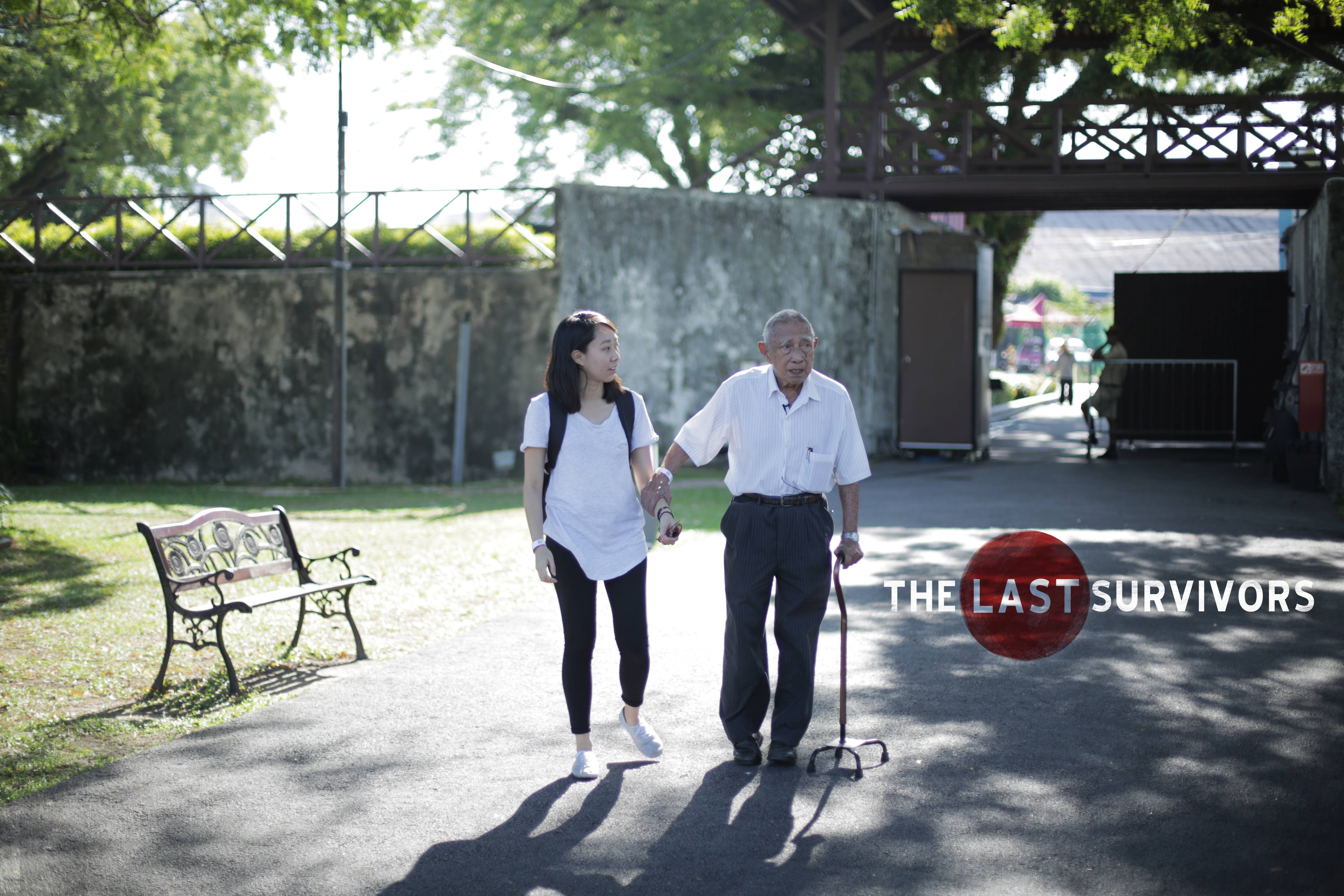
Leave a reply